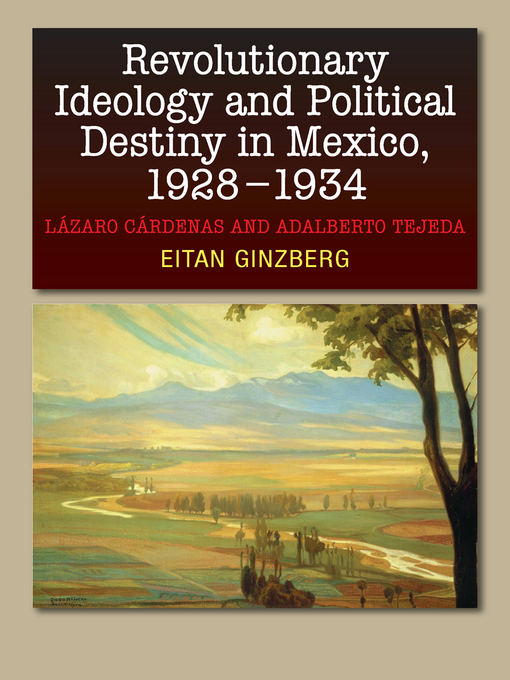Lázaro Cárdenas and Adalberto Tejeda, veterans of the Revolution and prominent governors of Michoacán and Veracruz from 1928 to 1932, strived to make Mexico a modern and just state on the basis of the revolutionary constitution. Cárdenas sought to strengthen his position through the ruling party (PNR), while Tejeda attempted to strengthen his position in the federative arena, making a sweeping radical reform while attacking uncompromisingly all the traditional elements of Veracruzan society. Both political projects had unprecedented success but totally different implications. The Cardenista power base led its author to the next presidency, during which he implemented a remarkable agrarian project. Tejeda's power base, however, led to the utter annihilation of his political power structure and many of his agrarian achievements, as well as to his failure in the struggle for presidency. The fate of the two governors corresponded to the fate of national revolutionary reformism and thus to the destiny of Mexico.
- New eBook additions
- Plan Your Next Trip
- Game On!
- Available now
- Try something different
- Most popular
- New teen additions
- New kids additions
- See all
- Read by the Author
- Most popular
- For True Crime Enthusiasts
- New audiobook additions
- New kids additions
- New teen additions
- Available now
- Listenable History
- Try something different
- Audiobooks for the Whole Family
- Great Voices, Great Stories: Narrators to Love
- See all

